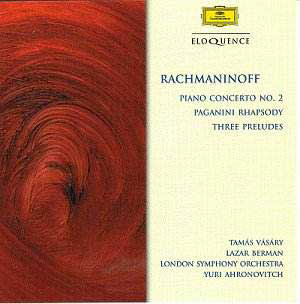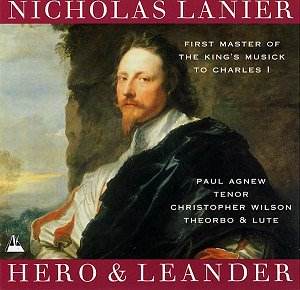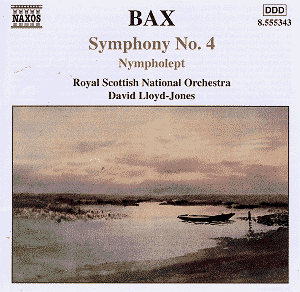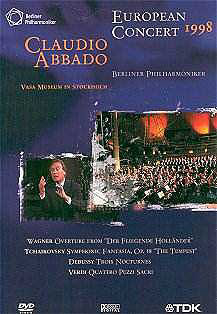 Composer: Sergei Rachmaninov
Composer: Sergei Rachmaninov
Works: Piano Concerto No. 2 in C minor, Op. 18; Rhapsody on a Theme of Paganini, Op. 43; Prelude in B minor, Op. 32, No. 10; Prelude in D major, Op. 23, No. 4; Prelude in C sharp minor, Op. 3, No. 2
Performers: Tamas Vasary (piano – Concerto, Rhapsody), Lazar Berman (piano – Preludes), London Symphony Orchestra / Yuri Ahronovitch
Recording: 1976 (Op. 18), 1977 (Op. 43), 1980 (Preludes)
Label: Eloquence DG 457 305-2
Sergei Rachmaninov’s works, imbued with lush harmonies and soaring melodies, continue to captivate audiences and performers alike. The Piano Concerto No. 2 and Rhapsody on a Theme of Paganini stand as pillars of the piano repertoire, revealing the composer’s deep emotional range and technical brilliance. This latest release on the Eloquence label compiles performances recorded in the late 1970s, a period when Rachmaninov’s music was experiencing a renaissance, melding the virtuosity of the soloist with the orchestral richness characteristic of the London Symphony Orchestra under Yuri Ahronovitch.
Tamas Vasary’s interpretation of the Rhapsody emerges as the standout of this collection. From the brisk opening tempo, a palpable excitement is generated, and the partnership with Ahronovitch proves to be a fruitful one. The dynamic interplay between piano and orchestra is particularly engaging in Variation 7, where Vasary’s sensitive touch allows the chorale-like chords to resonate with emotional weight. The improvisatory quality of Variation 11 showcases an admirable balance between piano and woodwind, creating a moment that feels both spontaneous and deliberate. However, while Vasary demonstrates commendable technical prowess, one cannot help but feel that a more profound engagement with the music’s lyrical subtleties is sometimes lacking.
Transitioning to the Concerto, the performance suffers from a lethargic orchestral accompaniment, which detracts from the overall impact. The climaxes, typically explosive and cathartic, come across as curiously uninvolving. The finale’s famed theme, which should soar into the stratosphere, instead flutters without the necessary momentum. Comparatively, Earl Wild’s recordings with Horenstein reveal a commanding technical prowess and interpretive depth that seem to elude Vasary here. Wild’s technique, equaled only by Rachmaninov himself, allows for an effortless traversal of the intricate finger patterns and cascading octaves, further highlighting the deficiencies in Vasary’s approach.
The inclusion of Lazar Berman’s interpretations of the preludes offers a moment of respite and brilliance. His rendition of the B minor prelude resonates with Slavic melancholy, while the D major prelude is imbued with a luminous quality, albeit tinged with unease. The C sharp minor prelude, ever a favorite, sparkles with originality in Berman’s hands, serving as a reminder of his exceptional artistry and the potential that these brief pieces hold. These preludes, while beautifully executed, highlight the overarching need for a greater interpretive vision in the concerto and rhapsody.
The sound quality of this release is rich and full, though it may not achieve the clarity and openness found in some contemporary recordings. The engineering, while competent, does not fully capture the dynamic range necessary to elevate these performances to the level of their more illustrious counterparts. The accompanying notes are brief and lack the depth that one might hope for, leaving the listener without adequate contextual guidance.
Vasary’s performances, while technically sound, ultimately lack the emotional depth and interpretive flair required to elevate these masterworks. The Rhapsody offers glimpses of fine musicianship, yet the Concerto’s performance falls short of the exhilarating heights achieved by other interpretations. As it stands, this recording serves as a reminder of the wealth of outstanding options available for Rachmaninov enthusiasts, rather than a definitive edition to recommend unreservedly.



